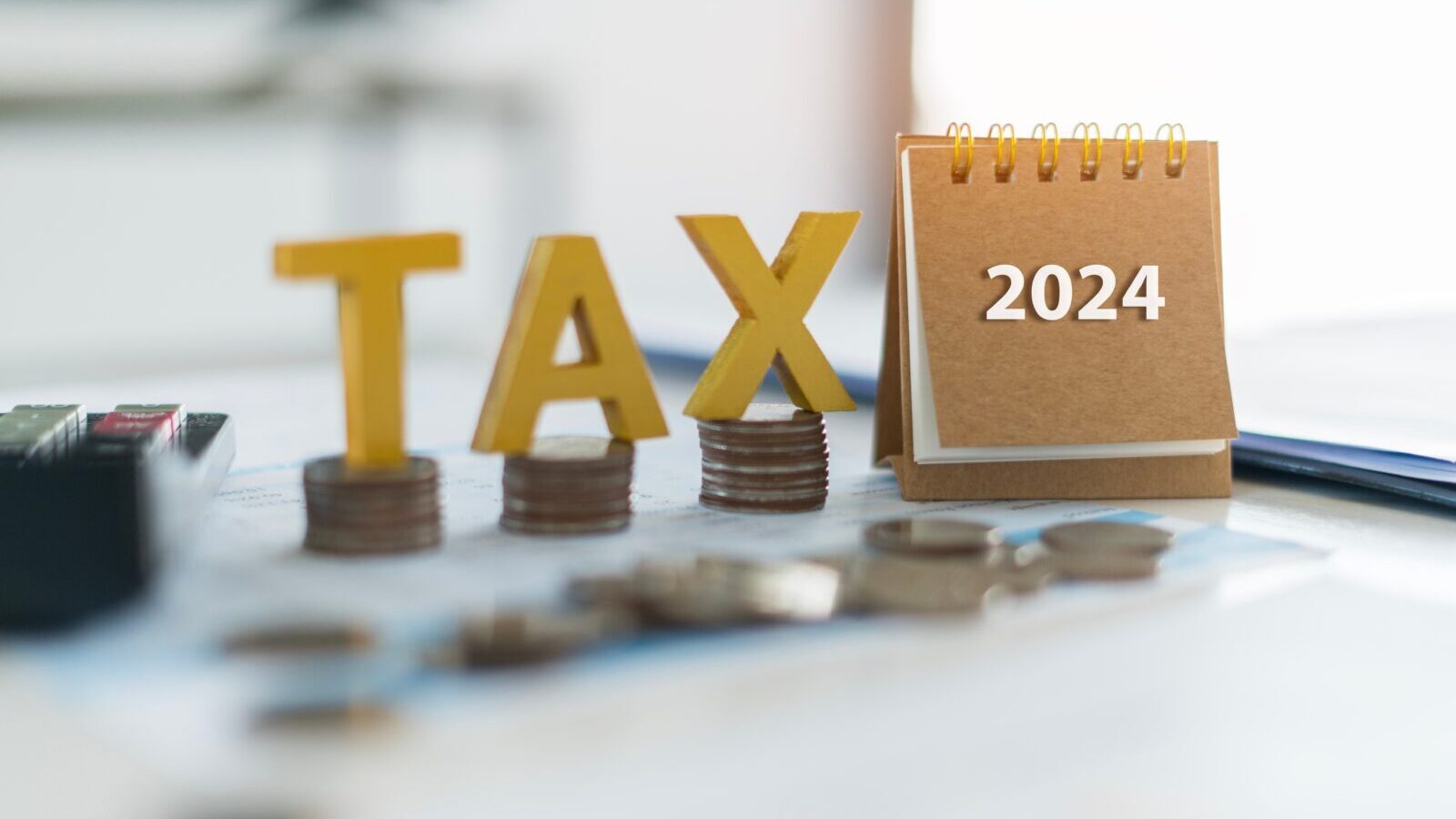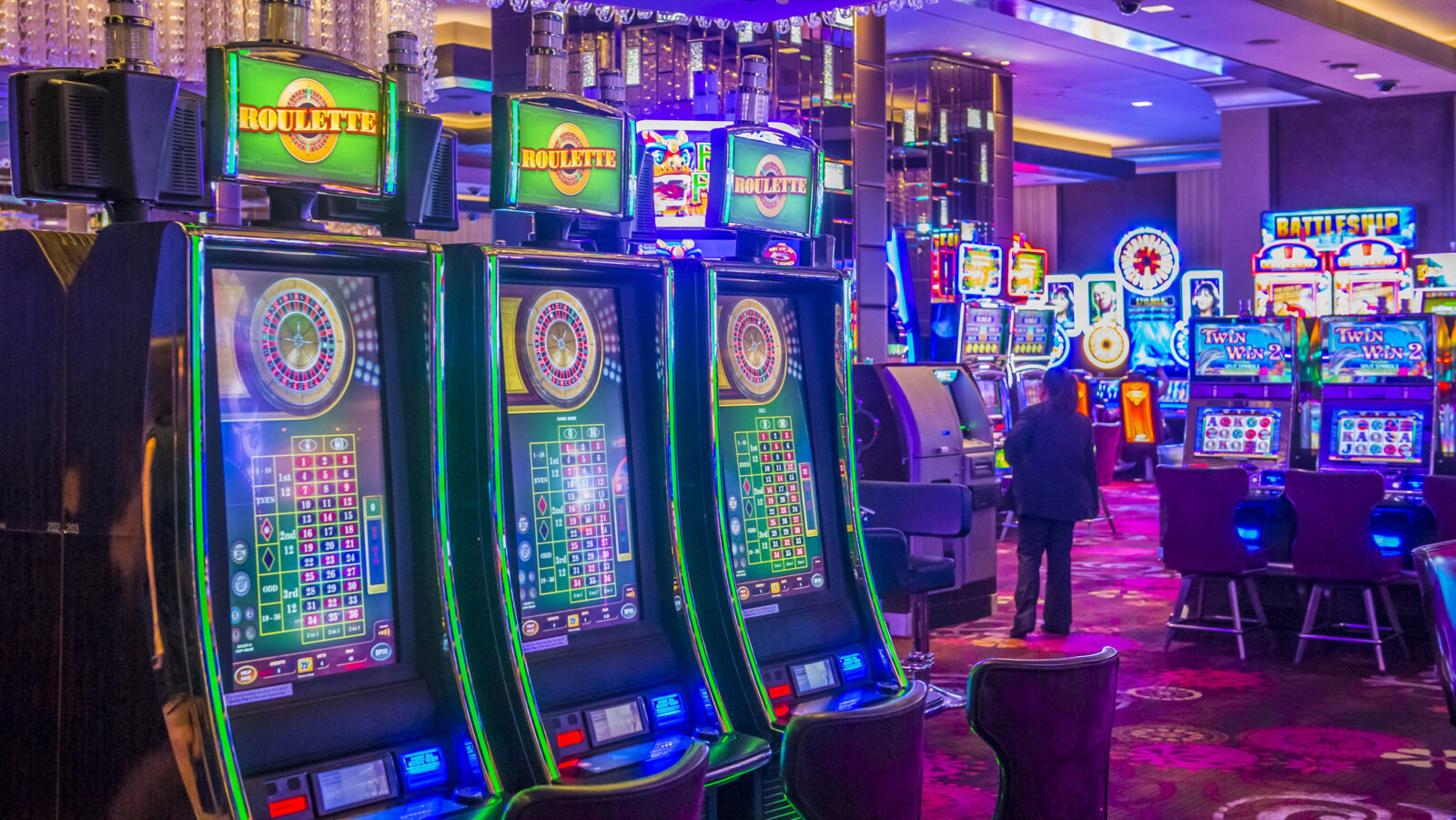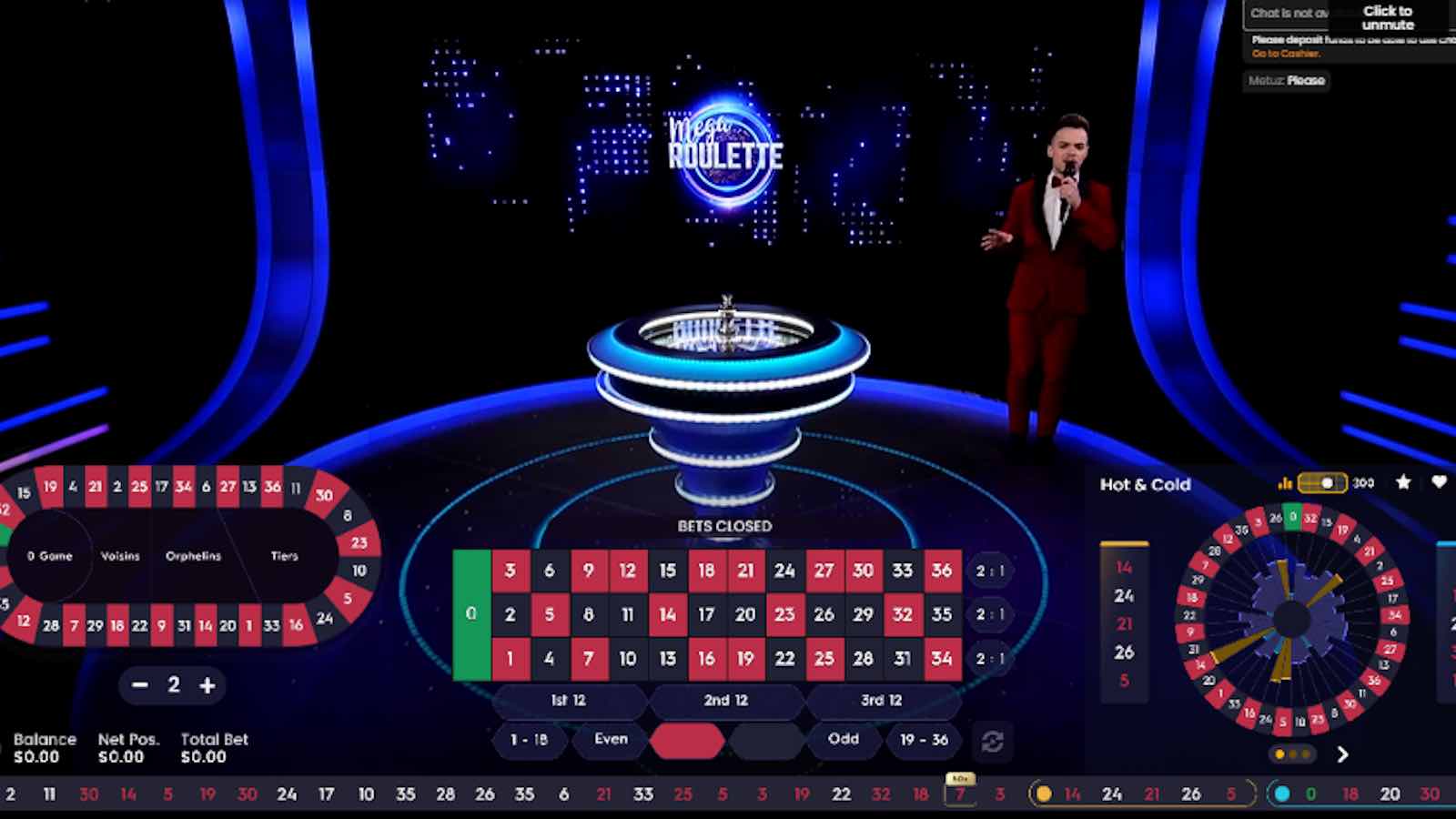Sports Betting Taxes Don’t Compare With Online Casino Taxes
Charts tweeted by an industry analyst show how iCasino dwarfs online wagering
1 min

When it comes to collecting taxes on sports betting, New York is in a class by itself. Year-to-date, the Empire State has taken in nearly $654 million in sports betting tax receipts.
Second place? Pennsylvania, at $108.3 million. A few other notables: New Jersey, $92.7 million, good for fifth place, and Michigan, at $13.9 million, all the way down in 20th.
These numbers come courtesy of the X account of Alfonso Straffon, a former Deutsche Bank analyst who’s been covering the sports betting/gambling space for 14 years (and worked the markets in Costa Rica prior to that).
But the main thrust of Staffon’s tweets on the subject of taxes came in a second post, when he added iCasino taxes to the ledger.
New York still led, but not really, as Pennsylvania collected $631.8 million year-to-date when combining sports betting and iCasino, and that doesn’t include August’s numbers. They will pull ahead of New York.
Michigan jumped all the way to third, with $353 million collected in combined taxes — meaning, some 96% of Michigan’s online gambling taxes this year have come from iCasino.
New Jersey was fourth, at $325 million in total.
Other regulated iCasino states: Connecticut collected $18.9 million in sports betting taxes and another $45.7 million in online casino; West Virginia came in with $2.5 million in sports betting taxes and another $16.5 million in iCasino; Rhode Island was an outlier, with $11.5 million in sports betting tax collections but only $5.2 million in iCasino, though the latter didn’t launch until March 5; and Delaware brought in $4 million in sports betting taxes and another $12.2 million in online casino gaming.
New York, New York
The numbers above — especially when seen in the charts Straffon laid out — are eye-opening, even to those who follow the industry and already knew online casino has more revenue-generation potential than sports betting.
New York, with its 51% tax rate, is clearly head and shoulders above the rest of the crowd on sports betting — but a little back-of-the-envelope math shows what legalized iCasino in New York could mean to the state’s tax coffers.
For perspective, New Jersey’s online sports betting tax rate is 13%, its online casino tax rate is 15%, and the state collected nearly 72% of its online gambling tax from iCasino.
Transition these numbers to neighboring New York, and you start running out of calculator space. Imagine, for a moment, New York legalized and then taxed iCasino at that same 51% as sports betting, and let’s also say the state ended up collecting 72% of its online gambling taxes from that vertical.
Well, that $654 million year-to-date number would explode to over $2.3 billion.
Those are some serious numbers to chew on as New York state Sen. Joseph Addabbo Jr. prepares to make another push for iCasino legalization in 2025.





